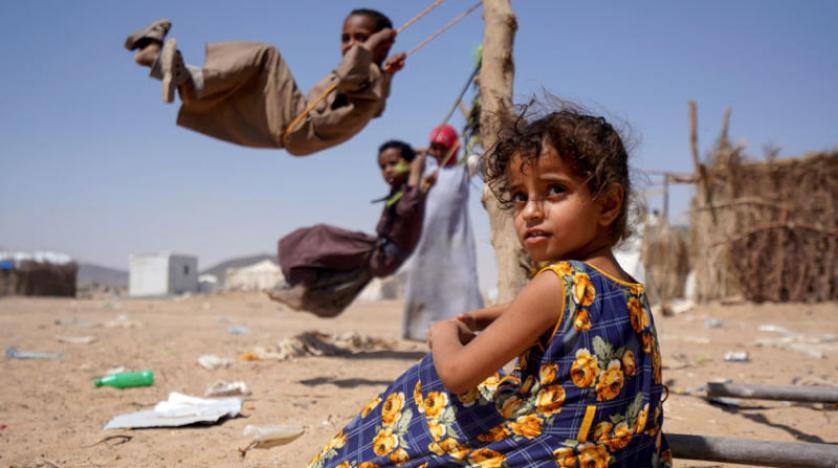Human Lives Human Rights: Almost 200 rights organizations called on the UN High Commissioner for Human Rights, Michelle Bachelet to release the long-awaited report on China’s crimes against humanity in the Xinjiang Uyghur region without further delay.
Ordinary people in Xinjiang can be locked away for years and subjected to the cruelest of conditions for entirely lawful activities, under China’s systematic repression.
China’s crimes against humanity targeting Uyghurs, Kazakhs and other predominantly Muslim minorities in Xinjiang are well documented, but we are yet to see the situation meaningfully addressed by the UN Human Rights Office.
In September 2021, amid growing frustration at her office’s relative silence on the dire situation in Xinjiang, Michelle Bachelet informed the UN Human Rights Council in Geneva that her office was “finalising its assessment of the available information on allegations of serious human rights violations in [Xinjiang] with a view to making it public.”
Six months later, despite assurances from her spokesperson in December that the report would be released in a matter of weeks, the report has still not been made public.
Victims and their families can wait no longer. Bachelet should release her report on Xinjiang and brief UN member states on its findings before the end of the current Human Rights Council session – its release should not be contingent on Bachelet’s newly announced visit to Xinjiang. No state – no matter how powerful – should be above scrutiny for such grave crimes,” Joanne Mariner said.
The current UN Human Rights Council session began on 28 February and will run until 1 April.
Evidence shows that around one million people have been arbitrarily detained in internment camps and prisons of China on the basis of their ethnicity and religion since a sharp escalation in repression in 2017.
The stories of the victims documented so far, represent just a fraction of the one million or more men and women estimated to have been arbitrarily detained by the Chinese government in Xinjiang since 2017.
Uyghurs, Kazakhs and other predominantly Muslim ethnic minorities in Xinjiang face systematic state-organized mass imprisonment, torture and persecution amounting to crimes against humanity.
The Chinese government has shown a total unwillingness to acknowledge, let alone investigate, the reality of the situation in Xinjiang – all the while impeding meaningful access to the region for independent human rights monitors, including the Office of the High Commissioner for Human Rights.
In 2020, an unprecedented number of independent human rights experts issued a landmark statement expressing concerns over human rights violations in China, including in Xinjiang, and called for the UN to take decisive action and to launch a comprehensive investigation into the situation.
Also in 2020, a group of 321 organizations from around the world, launched a similar appeal to the UN Human Rights Council to hold a special session and launch a probe into the human rights crisis in China, including in Xinjiang.
Though criticism of China’s sweeping rights violations has increased over the past years, UN member states have also so far failed to take meaningful action to address the crisis through a resolution to launch an independent international probe. For many, Bachelet’s long-awaited report will provide the baseline for such action going forward.
In previous years, the Office of the High Commissioner has released reports on its own initiative to address pressing human rights crises in Jammu and Kashmir, Venezuela and Myanmar. These reports have provided vital documentation and guidance for UN member states on how best to respond to the crises.


















